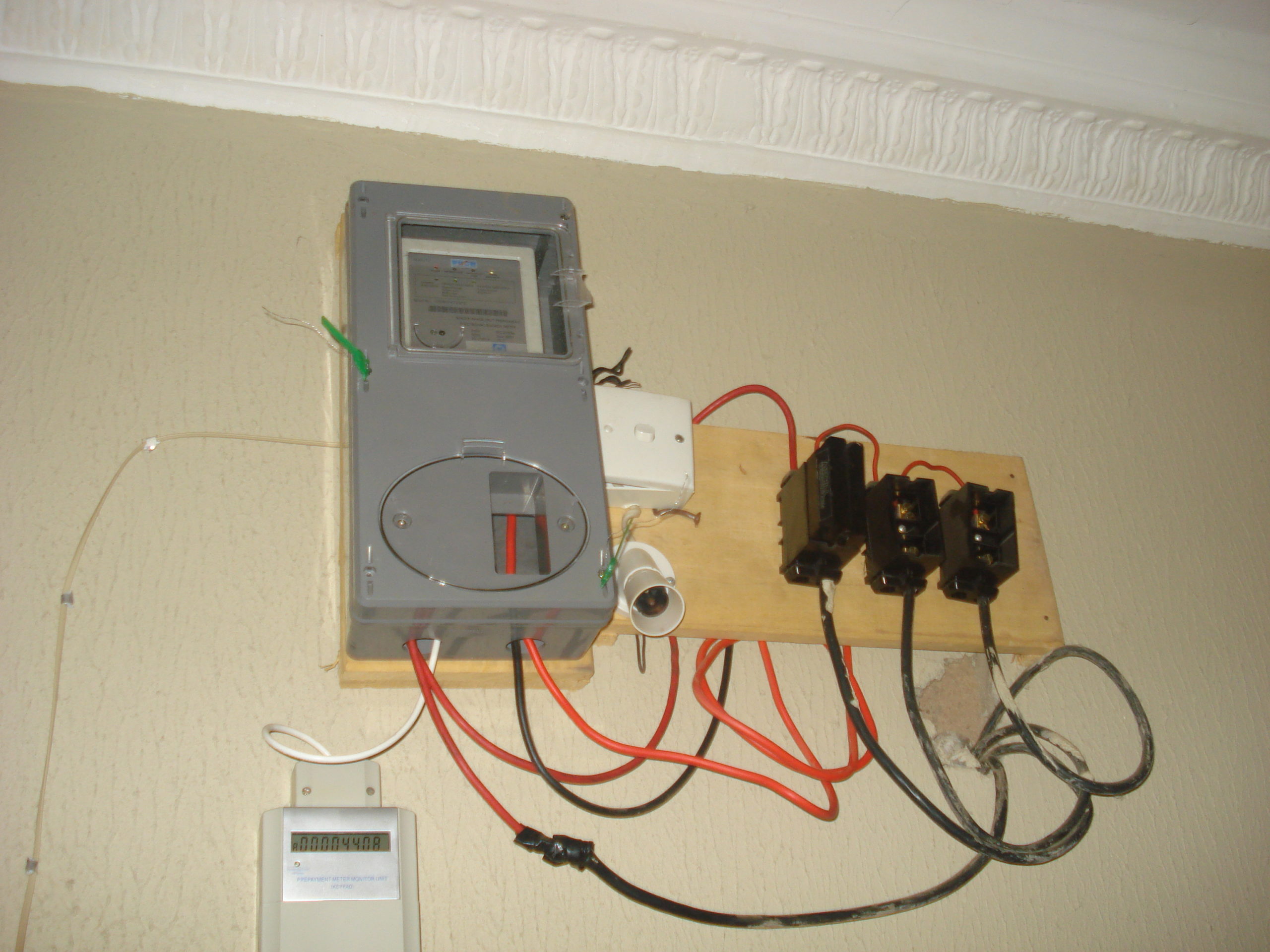- Investors Get FG’s Nod to Meter Electricity Customers
The Minister of Power, Works and Housing, Babatunde Fashola, on Monday declared that investors interested in providing meters for electricity customers were free to do so, provided they obtained the required clearance from the industry regulator.
According to the minister, power distribution companies do not have the monopoly of metering electricity consumers, noting that the Discos have not been able to meet the demand for meters due to funding challenges.
The minister, who disclosed this at the 18th power sector stakeholders meeting, further explained that nothing in the Electricity Power Sector Reform Act gave electricity distribution companies the exclusivity of metering in the sector.
He said, “While it is true that Discos have the obligation to meter customers, the law does not vest the monopoly of meter supply in them. Anybody who qualifies under the safety regulation by Nigeria Electricity Management Services Agency and under the licences issued by Nigerian Electricity Regulatory Commission can supply meters to customers under conditions by law.
“In other words, meter supply is an open but regulated business. You need the licence from NERC to undertake it. You need to comply with testing and safety standards of NEMSA to produce, install or import the meters; but it is not a monopoly for Discos.”
The minister also stated that the Discos could access a loan, which had been provided by the Federal Government in order to get meters for power users.
He said, “Another action which took place recently in the sector was the FEC approval of the component that frees the Federal Government of the judgement debt of N119bn and releases N39bn towards the supply of meters to the Discos.”
Fashola said he had been receiving enquiries from the public on whether state governments could produce their own power and stressed that all the state governments needed was to get the right licence from NERC.
The minister also said power generation companies could apply to NERC to build their own distribution assets, which some Discos could not fund.
He pledged his support to any state government intending to play in any of the power sector value chain.
Fashola said, “The mini grids are also consistent with our policy of incremental power to provide access to communities that have not been served or those who are under-served.
“Within the Discos licence, a new licence can be granted by NERC because no monopoly was intended by the law unless it is exclusively stated in the licence. I have gone through the law and I have not seen any exclusivity granted to anybody.”
According to him, three states have already obtained licences for mini grid development from NERC and the sector expects to receive more.
On the performance of the sector, Fasola said there was improvement in the generation of power, and attributed the development to the increase in gas to power.
He said the rise in gas supply was due to relative peace in the Niger Delta region and the increase in rainfall, adding that over 6,000 megawatts of electricity was available but the Discos could not take it.
Fashola said, “From August 10, 2017, our peak availability of power which can be put on the grid was 6,863MW, while the transmission capacity has risen to 6,700MW. Unfortunately, we cannot put all of that power on the grid because the Discos cannot take it all.”
According to him, the Discos could not take all the power because of their aging assets, limit to credit facilities and foreign exchange.
The minister also said that the Federal Government had commenced the disbursement of the N701bn electricity intervention fund to beneficiaries.
Earlier, Fashola had inaugurated a 15MVA transmission injection sub-station in Dakata, Kano, to stabilise power supply to over 100 industries, including 10,000 residents in the area.
Meanwhile, Ikeja Electric has said electricity theft by some consumers is affecting the ability of Discos to provide improved services, including the deployment of free prepaid meters, to all customers.
The company said in a statement on Monday that it had embarked on a network-wide operation of naming and shaming persons involved in energy theft as part of efforts to curb such activity within its network.
“This will be done through newspaper publications, other traditional and conventional media platforms. This is in addition to the penalties and fines levied for revenue loss due to energy theft; arrests and prosecution of persons involved in meter tampering, bypass, shunting, illegal hook-ups and other forms of illegalities affecting the company,” said the Head, Corporate Communications, Ikeja Electric, Mr. Felix Ofulue.

 Billionaire Watch2 weeks ago
Billionaire Watch2 weeks ago
 Startups4 weeks ago
Startups4 weeks ago
 News4 weeks ago
News4 weeks ago
 News4 weeks ago
News4 weeks ago
 Bitcoin4 weeks ago
Bitcoin4 weeks ago
 Naira4 weeks ago
Naira4 weeks ago
 Forex3 weeks ago
Forex3 weeks ago
 Treasury Bills4 weeks ago
Treasury Bills4 weeks ago

























